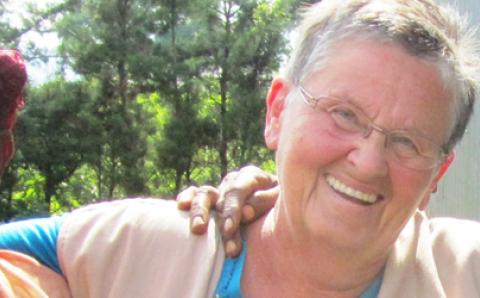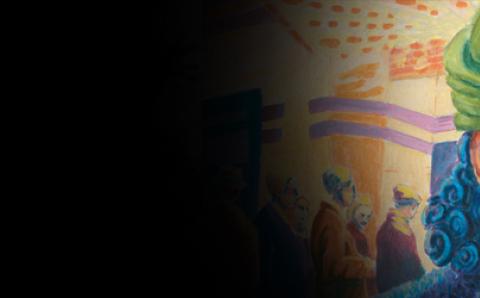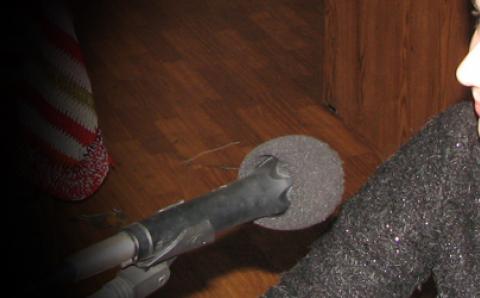Every community is shaped by the stories it tells. This is as true of the Navajo people centuries ago as it is of the people of Russia today. The stories we tell can either help or hinder us in finding our way forward. A story has the power to inspire and challenge us like nothing else.
Consider the way stories have shaped the Christian Reformed Church. Our confessions speak to us with passion and power because they were birthed in times of struggle and difficulty. Their stories continue to shape the church today—as long as we tell them and remember.
The Heidelberg Catechism was forged in the fire of the Reformation as the church sought to provide sound biblical teaching to a fledgling new church. That story has inspired our church to value solid education and biblical teaching. The catechism’s themes of comfort, sin, salvation, and gratitude continue to shape our life in the church.
The Belgic Confession was birthed in blood and fire. Under threat from the Spanish Empire, the church was willing to bend the knee to a Catholic king but unwilling to bend on the beliefs summarized in that confession. In the ensuing conflict, many died for their faith. But out of that struggle, the Dutch Reformed community came to cherish and defend religious freedom. [Early on, the Netherlands became a sanctuary for persecuted communities.] To this day, our church intentionally works to pursue a healthy relationship with government.
The Canons of Dort too was born in conflict—this one within the church. As heated debate grew around the perplexing dance between grace and faith in the work of salvation, participants hammered out some strong doctrinal truths. The story of our faith, as we tell it now, has less to do with our own belief and more to do with God’s grace and power at work in us.
Today our Reformed brothers and sisters in South Africa have a terrible story of apartheid to share with us. The church misused its power and privilege and now extends to us an urgent invitation: “Take our hand in this pledge. We cannot make these mistakes again. Take our story with you, and tell it to your children.”
Making the Belhar one of our confessions will encode the lessons we learn from it in the DNA of our church.
Do we need to remember this story? No one would deny that we need to remember and to learn its lessons. But do we make it a confession? I offer a firm yes! All stories fade with time unless they are retold. Their lessons fade as well. Making the Belhar [PDF] one of our confessions will ensure that our memory of this story will not grow dim. It will encode the lessons we learn from it in the DNA of our church. And as we take ownership, this confession will give us fuel with which to battle the growing darkness of our age.
From the Belhar, we receive three distinct biblical challenges: Pursue unity. Practice reconciliation. Fight for justice. Driven restlessly forward by the story of apartheid, these challenges are filled with fire and power.
Let’s claim this story for ourselves. Let’s allow it to push us to grapple with Scripture and to live out God’s Word and God’s call with passion and courage.
This is a story we cannot afford to forget.
For the complete text of the Belhar Confession, visit crcna.org/pages/belhar.cfm.
About the Author
Rev. Mike Van Boom is pastor of First Christian Reformed Church in Edmonton, Alberta.








